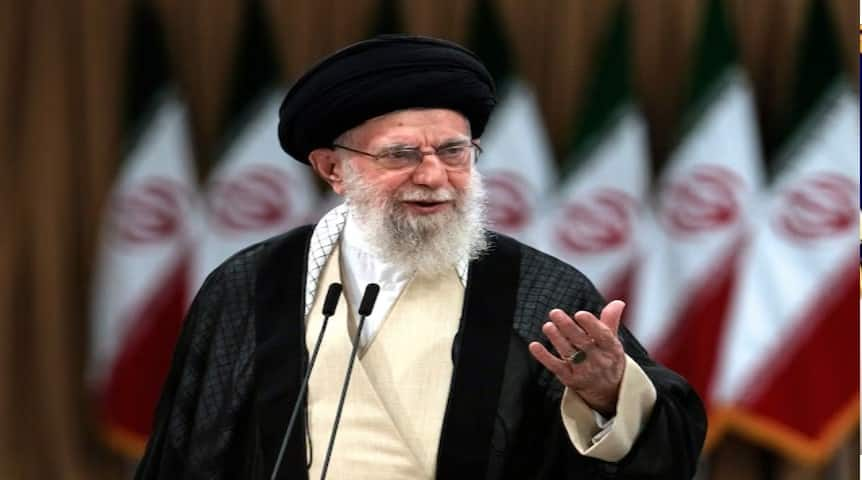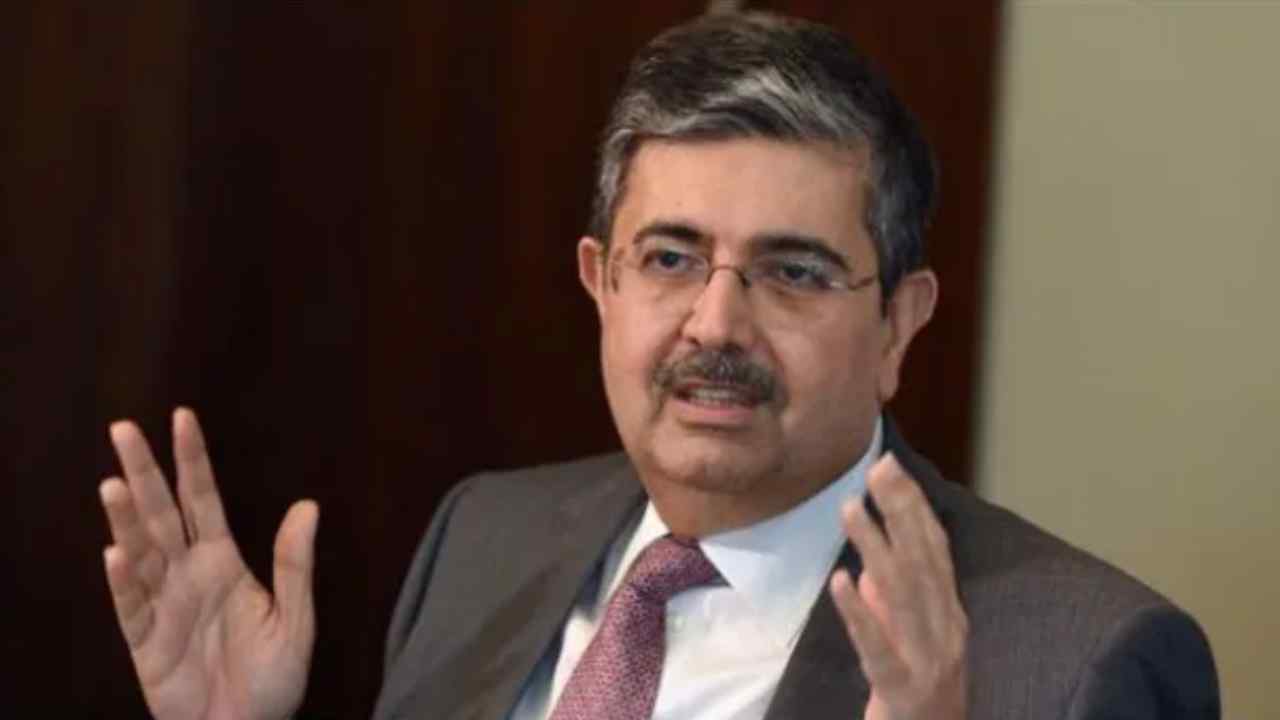India Responds to Iran’s Supreme Leader’s Remarks on Islam and Minorities
The Indian government has expressed strong disapproval of recent statements made by Iran’s supreme cleric, Ali Khamenei, concerning the condition of Muslims in India. The Ministry of External Affairs (MEA) issued a formal statement characterizing Khamenei’s remarks as ‘ill-informed and unacceptable’, emphasizing that his perception of India is deeply flawed.
Details of the Incident
Khamenei’s comments were part of a message shared on the social media platform ‘X’, which aimed to express solidarity among Muslims globally during the birth anniversary of Prophet Mohammed. However, the content of the message lacked specifics, particularly in explaining the reasons behind his focus on the Muslim minority in India.
Official Reaction from India
The MEA’s statement firmly rejected Khamenei’s assertions, underscoring the need for nations to evaluate their own human rights records before critiquing others. The statement read, “We strongly condemn the comments made by the Supreme Leader of Iran regarding Muslims in India. This is absolutely ill-informed and is not acceptable in any way.” Furthermore, it cautioned countries that speak on minority issues to consider their track record, stating, “Countries that comment on minorities are advised to look at their own record before making any comment about others.”
Khamenei’s Broader Message
In his original post, Khamenei articulated that, “We cannot consider ourselves Muslims if we are oblivious to the suffering of a Muslim in Myanmar, Gaza, India, or any other place.” He stressed the importance of unity and awareness within the Islamic community, referring to external forces that seek to sow division and indifference among Muslims globally.
Context of the Statements
Ali Khamenei’s remarks come against the backdrop of ongoing discussions about religious minorities and their treatment in various countries, including India. This incident underscores the complexities of international relations where statements by leaders can significantly impact bilateral ties.
Conclusion
The situation highlights the need for dialogue and understanding between nations, particularly when it involves sensitive topics like religion and minority rights. The Indian government’s prompt condemnation of Khamenei’s statements indicates its strong stance on protecting its internal matters and the rights of its citizens, irrespective of their religious identity.











